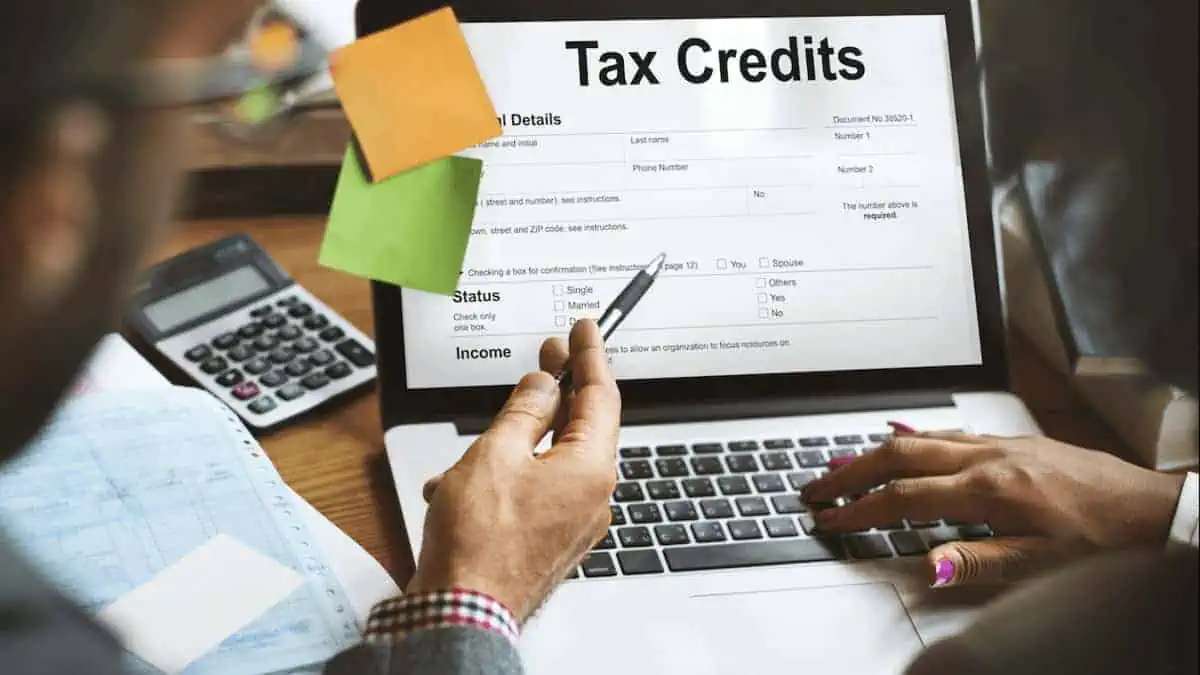The United States Treasury announced on April 17 that six automakers would be disqualified for the federal tax credits of up to $7,500 under the revised battery sourcing requirements, including Volvo Cars, Rivian, Hyundai, Nissan, Volkswagen, and BMW.
The following are a few of the EVs recently disqualified for the tax credits of up to $7,500, per Reuters:
- BMW 330eBMW X5 xDrive45e
- Genesis Electrified GV70
- Nissan Leaf
- Rivian R1S
- R1T
- Volkswagen ID.4
- Audi Q5 TFSI e Quattro
- Volvo S60
The government agency also stated that the policy changes effective on April 18 will also reduce Tesla Model 3 Standard Range Rear Wheel Drive’s tax credits by 50%. The same goes for previously eligible EVs from Ford and Stellantis.
Nonetheless, other Tesla EVs will still be 100% eligible for the full tax credit under the Inflation Reduction Act. Also, General Motors’ electric models retained their full eligibility for the full tax credit.
Tax credit qualification requirements
In retrospect, Congress imposed the IRA in August 2022. Now, the law stipulates that to be eligible for $3,750, 50% of the value of the battery component must be produced or assembled in North America.
Meanwhile, 40% of the value of the key materials must come from the US or a nation with a free trade agreement to be eligible for the remaining $3,750.
All these requirements are part of the Biden Administration’s strategy to lessen the US’ reliance on China for critical battery minerals. In return, US’ own supply chain will be solidified.
These tax credits are also employed to urge more automakers to locally produce their EVs in the US and customers to switch to EVs. Both of these are important for the US to hit its target of 50% of new car sales being all-electric or hybrid by 2030.
Need for a US production plant
The majority of electric automakers are now encouraged to develop battery production plants in the US, except Volvo Cars.
For instance, Hyundai and Rivian are currently constructing their facilities in Georgia. Meanwhile, VW is manufacturing its ID.4 in Chattanooga, Tennessee, while it plans to build its battery plant in Ontario.
Another German automaker, BMW, has also announced an investment of $1.7 billion for its EV and battery production plant in South Carolina
Nonetheless, EVs not eligible for consumer tax credits can take advantage of one provision. According to a December statement from the Treasury, disqualified EVs might be eligible for a business leasing credit worth $7,500.
You can check if your desired EVs qualify for the tax credits here.






